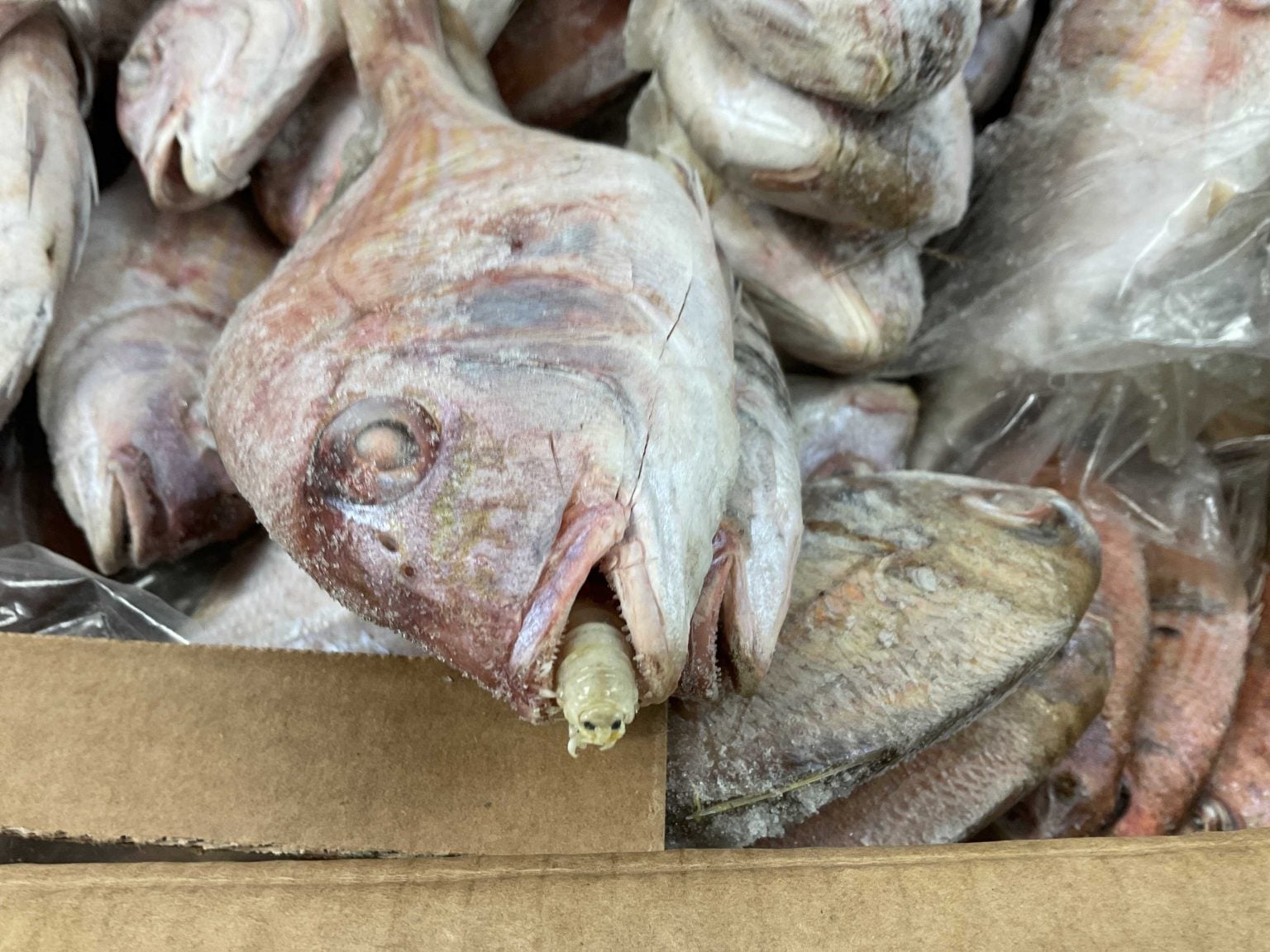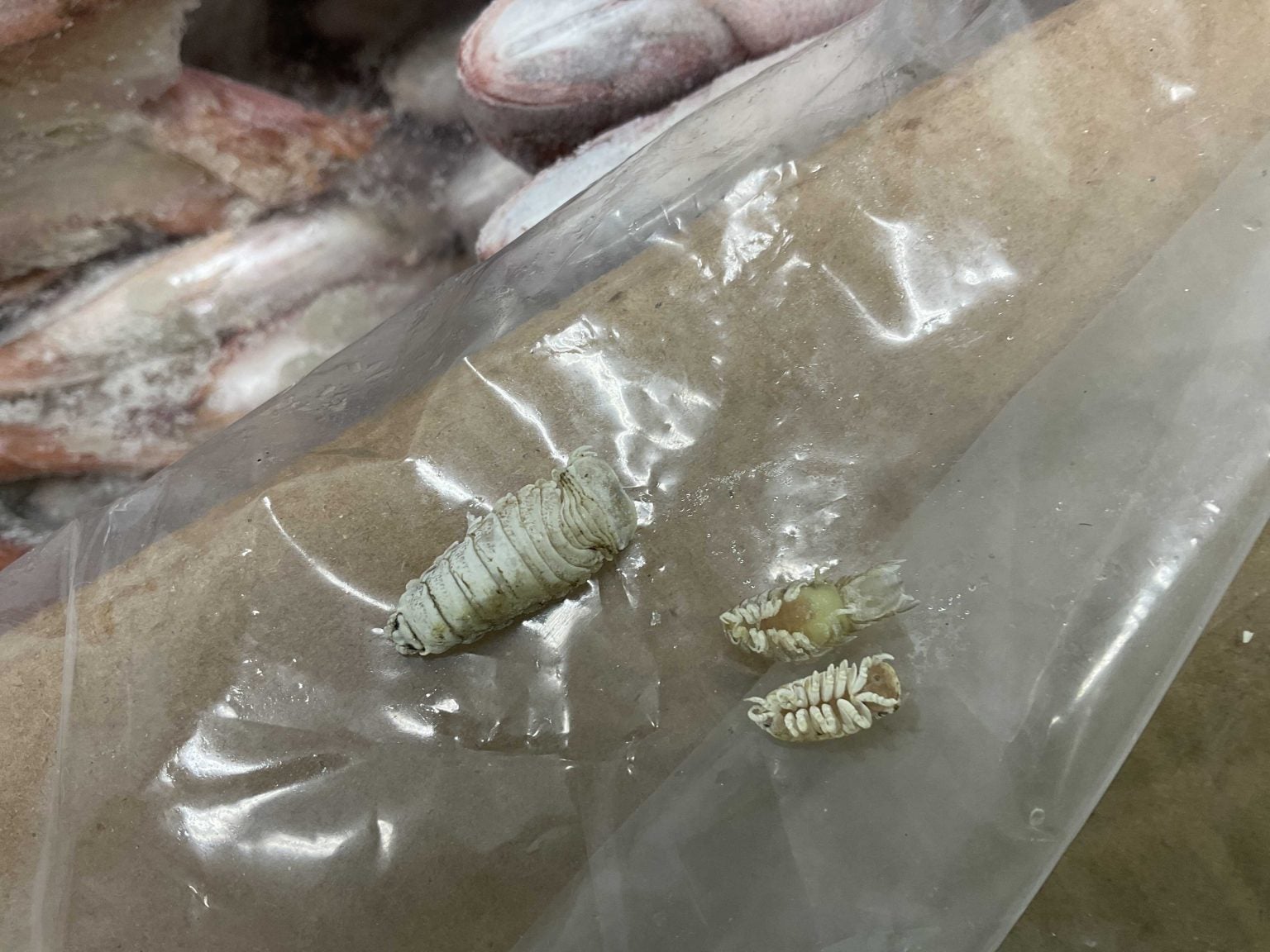Tongue-eating parasites discovered in container of fish imported to UK
Cymothoa exigua parasites cut off and pose as the tongues of fish

Your support helps us to tell the story
From reproductive rights to climate change to Big Tech, The Independent is on the ground when the story is developing. Whether it's investigating the financials of Elon Musk's pro-Trump PAC or producing our latest documentary, 'The A Word', which shines a light on the American women fighting for reproductive rights, we know how important it is to parse out the facts from the messaging.
At such a critical moment in US history, we need reporters on the ground. Your donation allows us to keep sending journalists to speak to both sides of the story.
The Independent is trusted by Americans across the entire political spectrum. And unlike many other quality news outlets, we choose not to lock Americans out of our reporting and analysis with paywalls. We believe quality journalism should be available to everyone, paid for by those who can afford it.
Your support makes all the difference.Tongue-eating parasites have been discovered in a container of seabream due for human consumption in the UK.
After a routine health check, Suffolk Coastal Port Health Authority (SCPHA) refused entry and the container was sent back to its country of origin.
The consignment raised concerns when the SCPHA found that the importer had failed to complete the required paperwork.
The parasites – scientific name Cymothoa exigua – were then discovered in and around the packaging of the fish.
Danut Cazacu, an official veterinary surgeon at SCPHA who discovered the health hazard said:
“Cases such as these are clear reminders of why we work hard to investigate imports and ensure they’re safe for human consumption.
“Many goods pass our health checks without presenting risks, but we sometimes receive unacceptable consignments and must be ready for anything.”

While examining a sample of cartons from the container, Dr Cazacu discovered the dead parasites had infested the fish.
He added: “Investigatons are carried out at our discretion, so when we detect something is wrong, we can have more of the consignment unloaded for further examination.
“After checking more cartons, it was apparent that most of the seabream were infested, so we denied the consignment’s entry into the UK.
“From there the importer can choose to have it destroyed or sent back to them, and in this case they chose the latter.”
The parasite enters the host fish via the gills and secures itself there until the maturation process is completed.
They then sever the blood vessels in the fish’s tongue, causing it to fall off. The parasitic creatures attach themselves to the remaining stub, becoming the fish’s new tongue.
Experts believe the parasites pose no harm to humans unless they are picked up alive as they can bite.
Join our commenting forum
Join thought-provoking conversations, follow other Independent readers and see their replies
0Comments